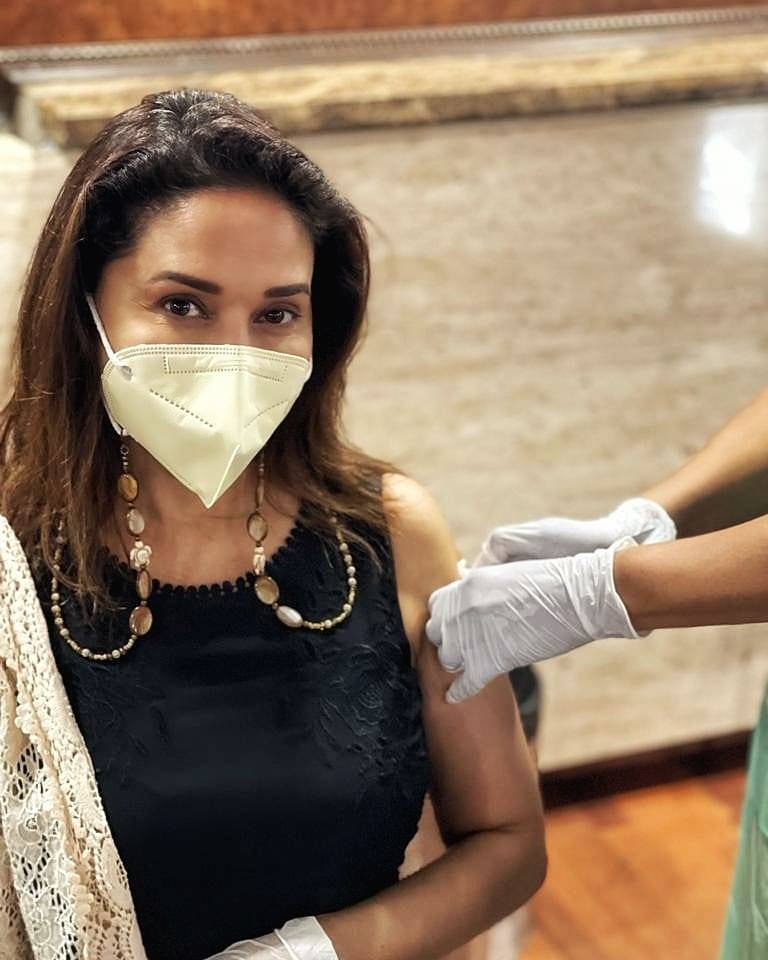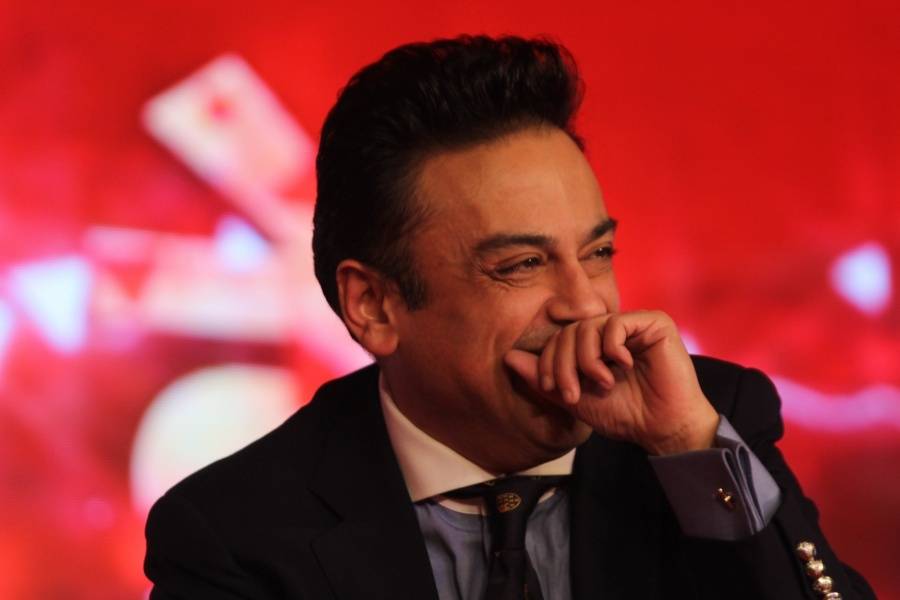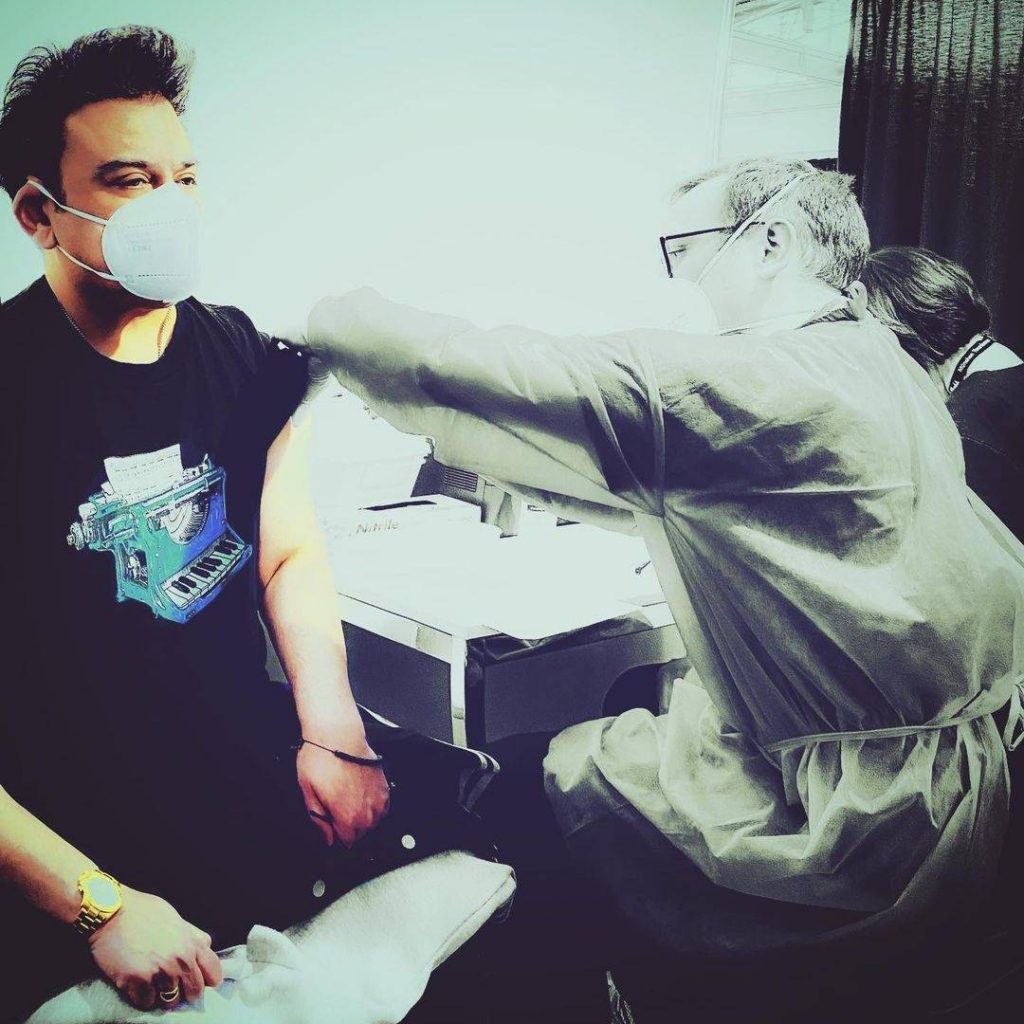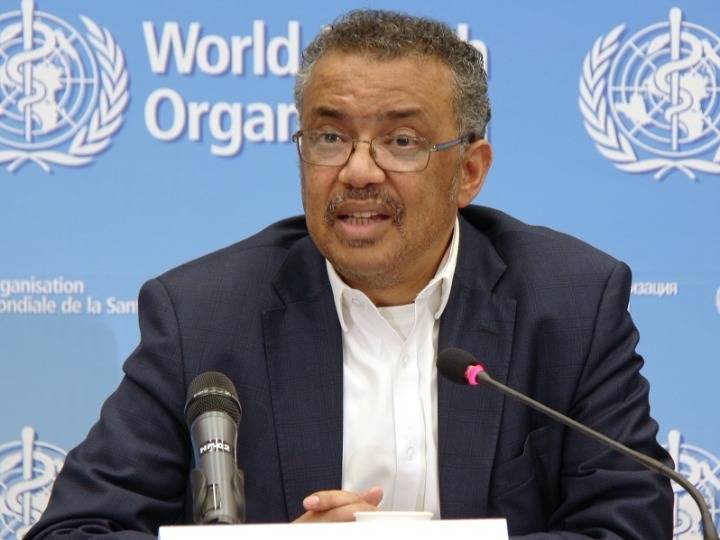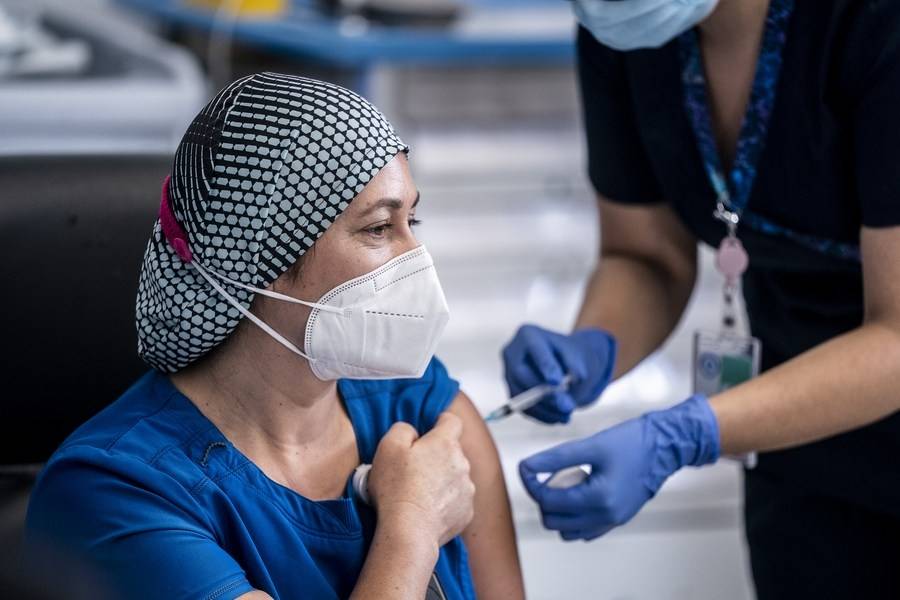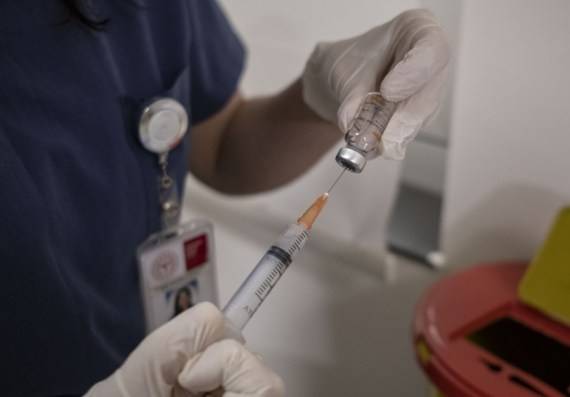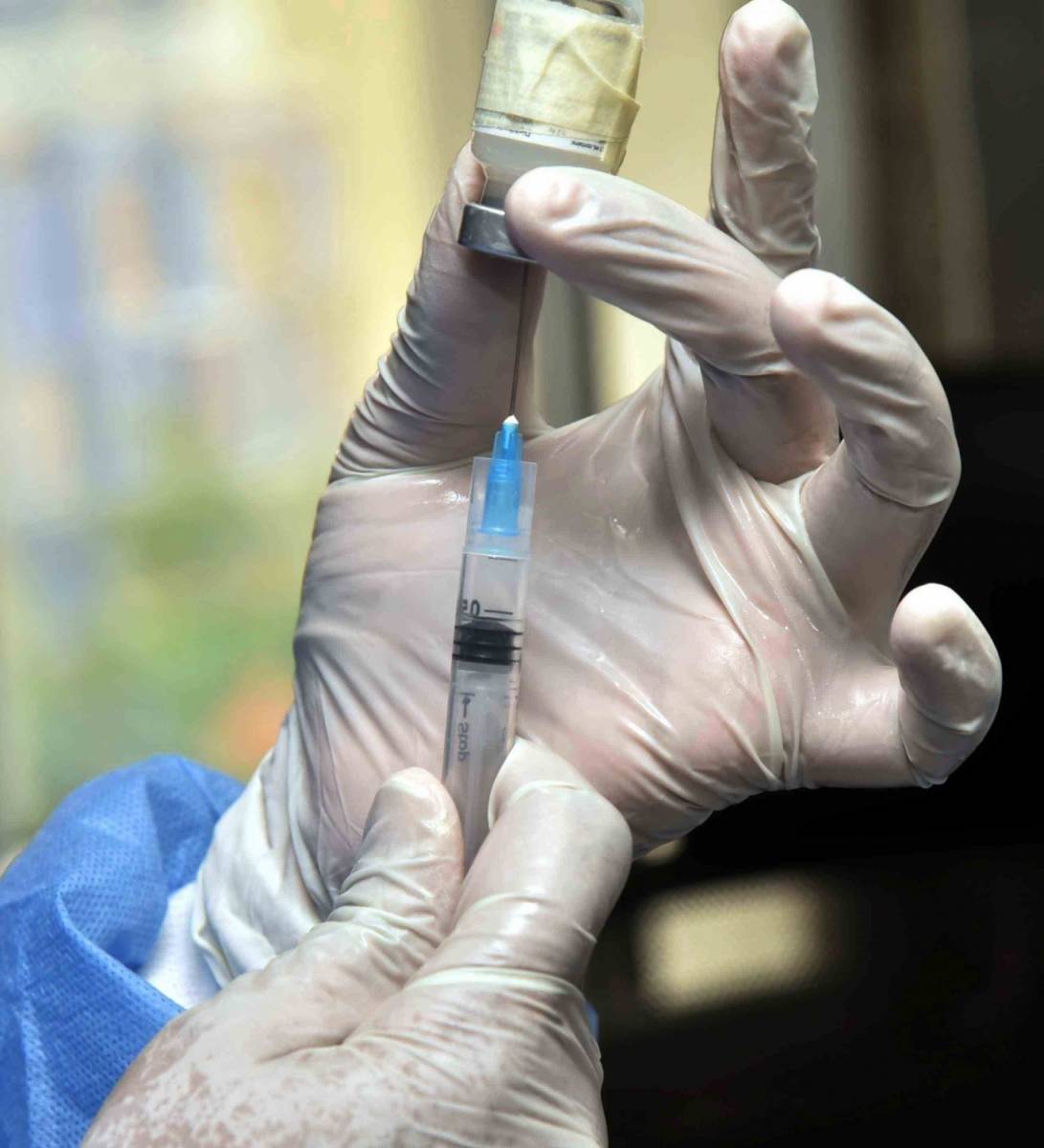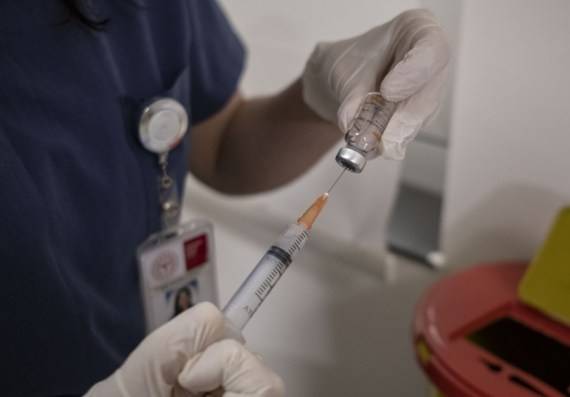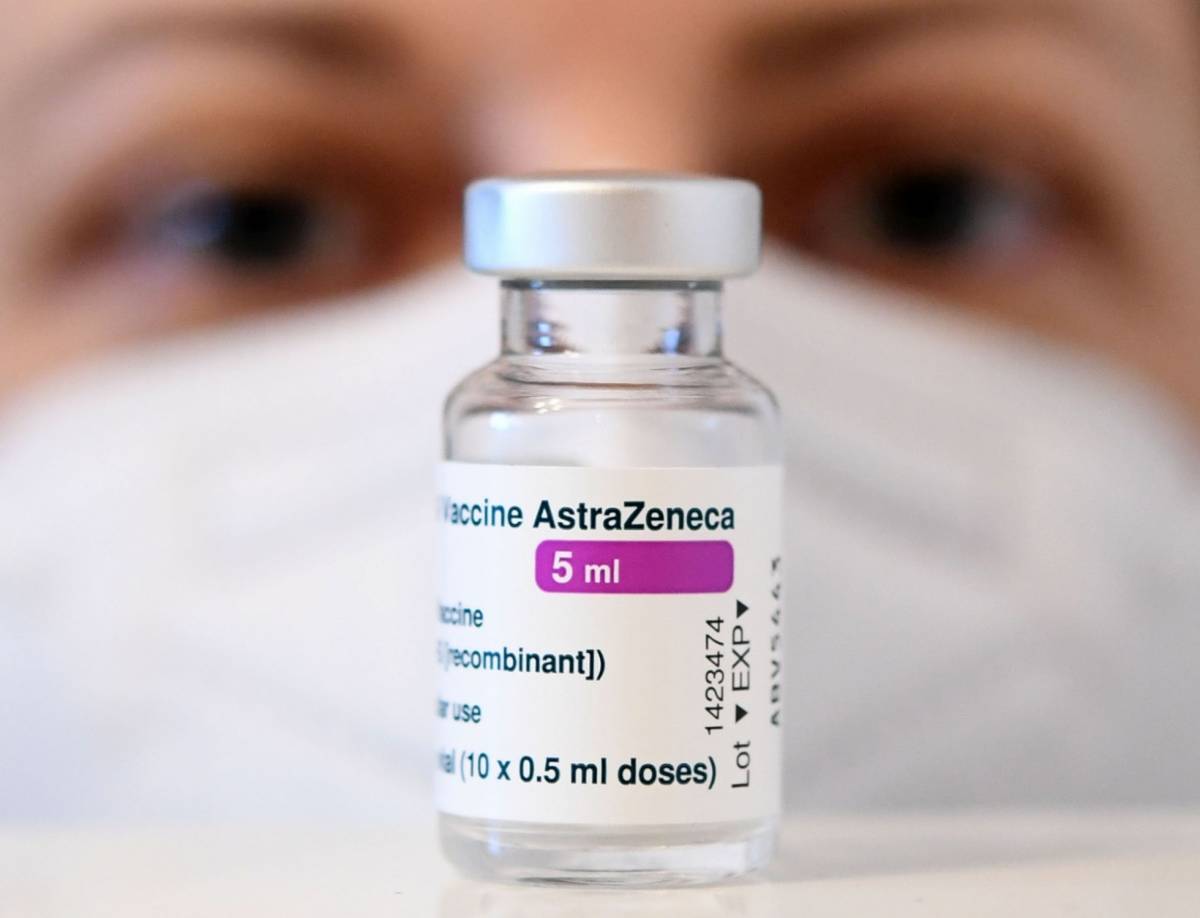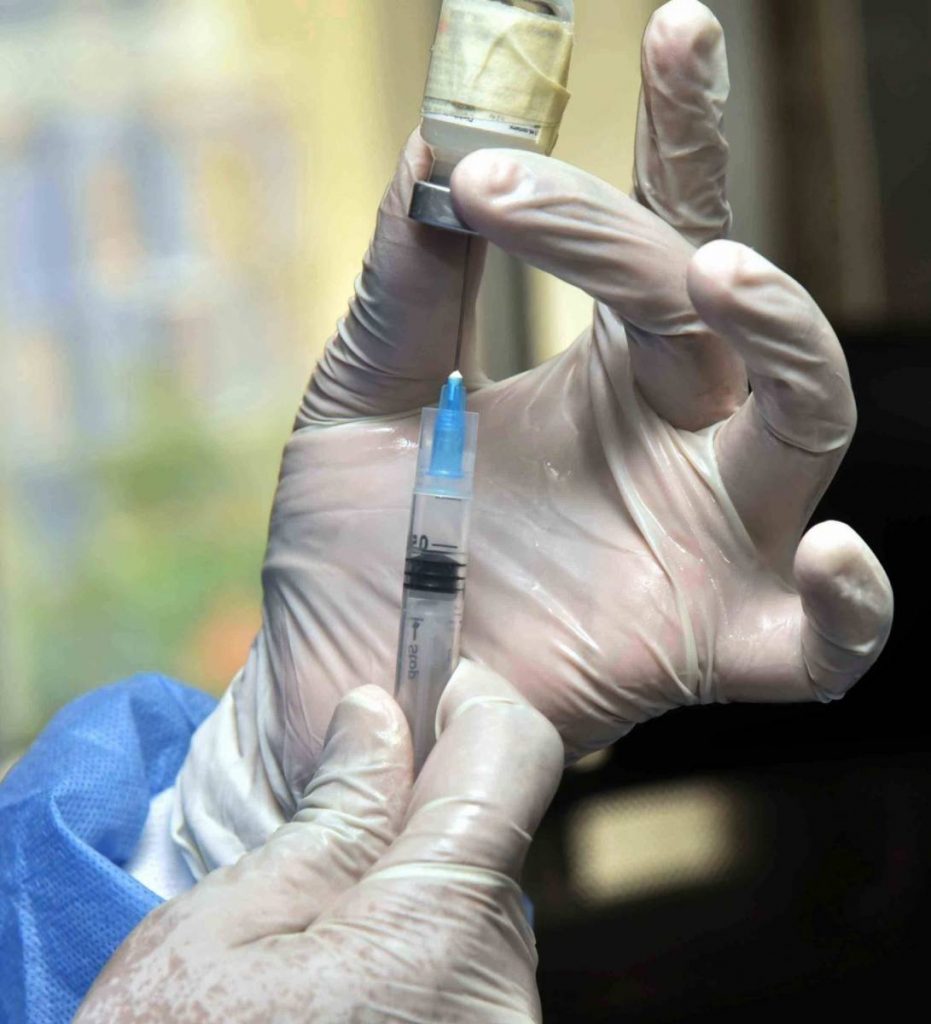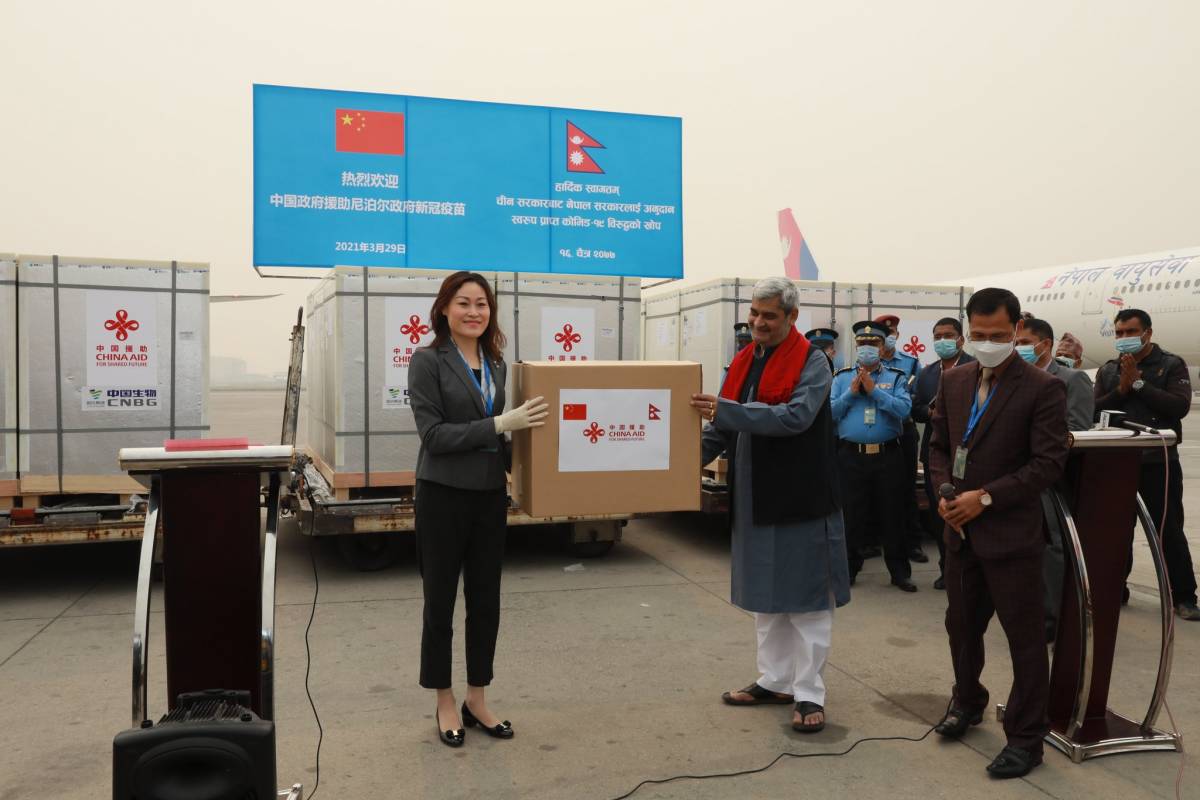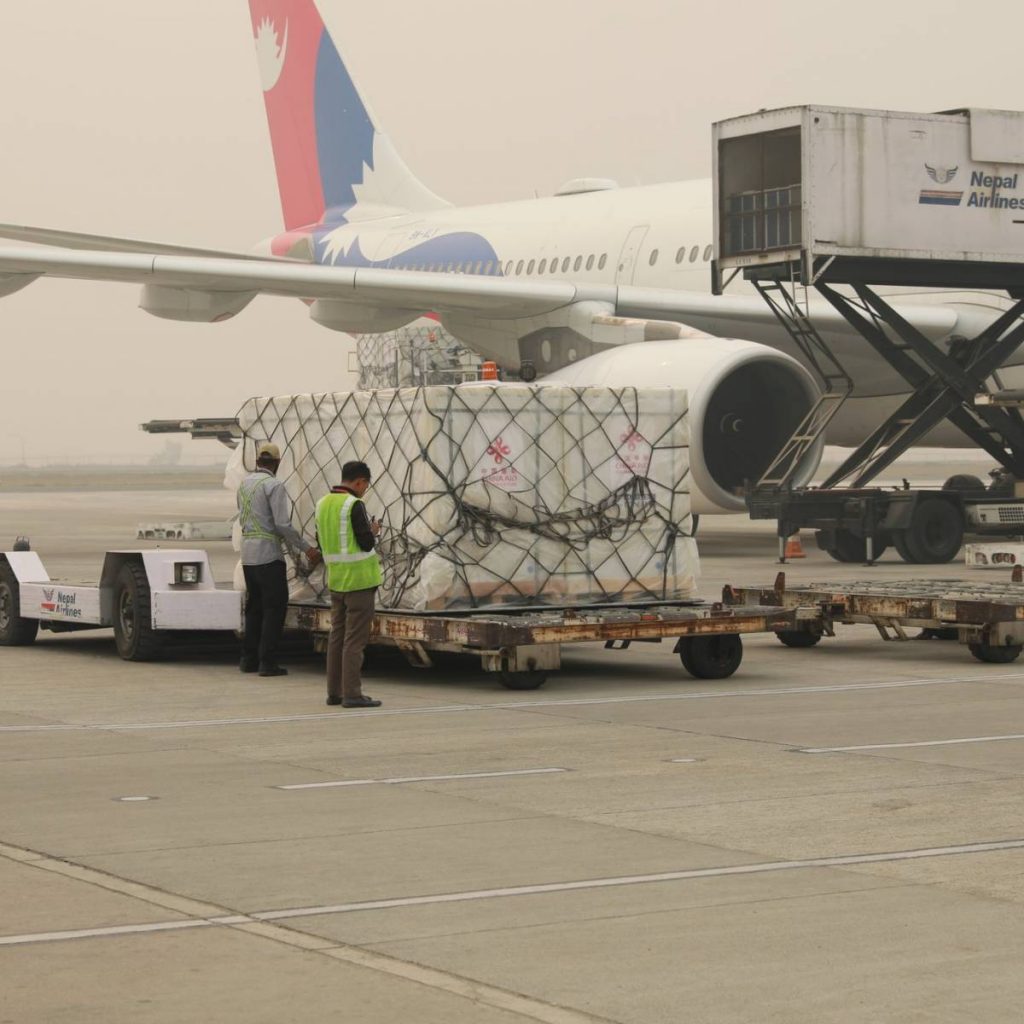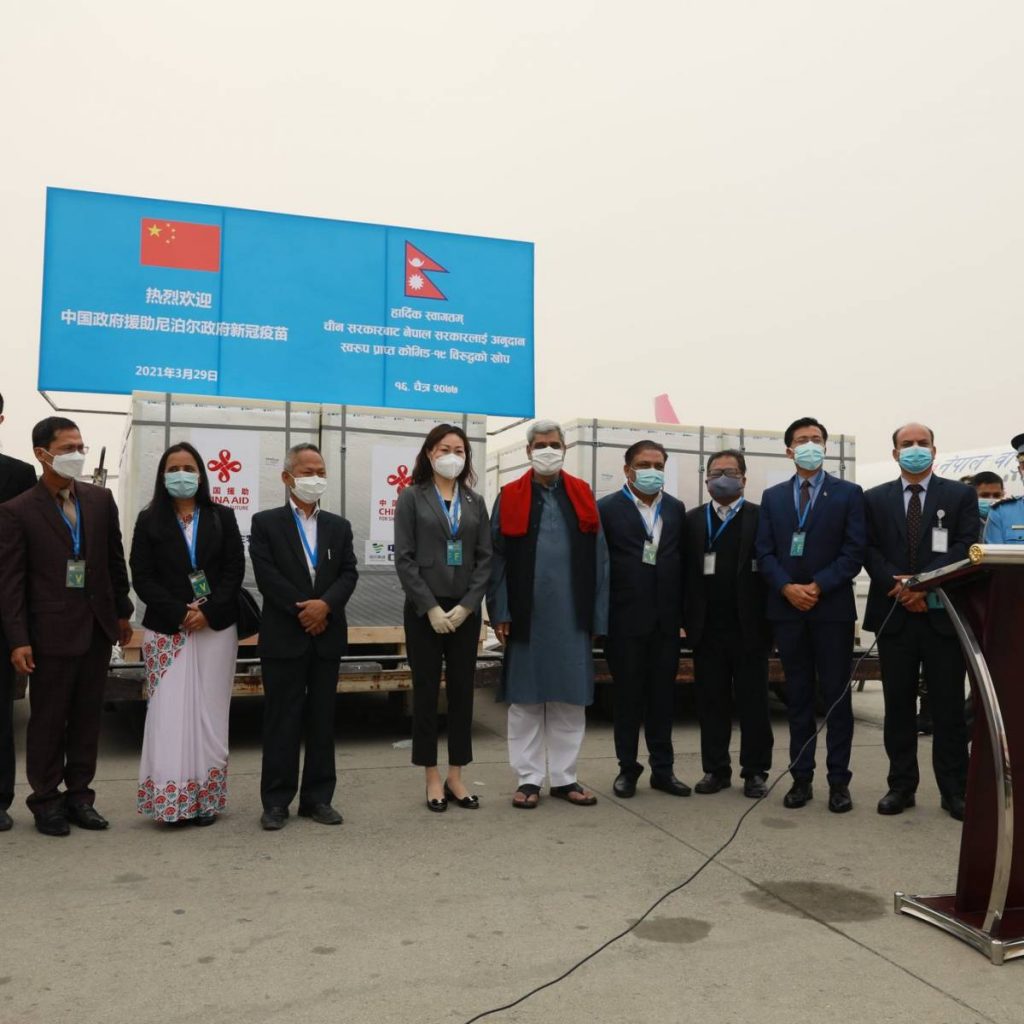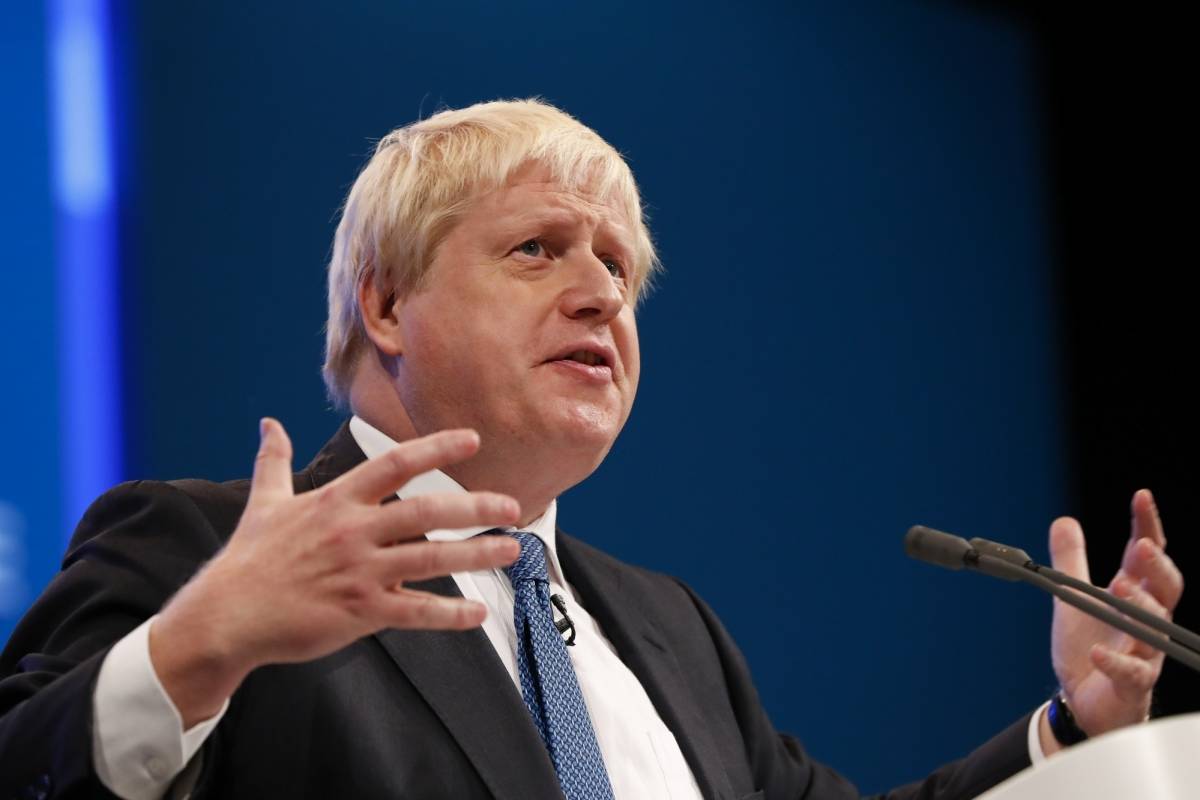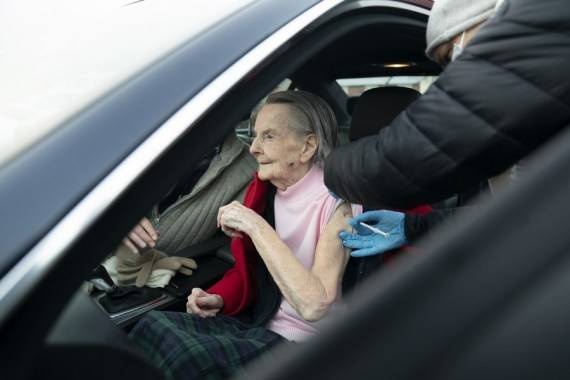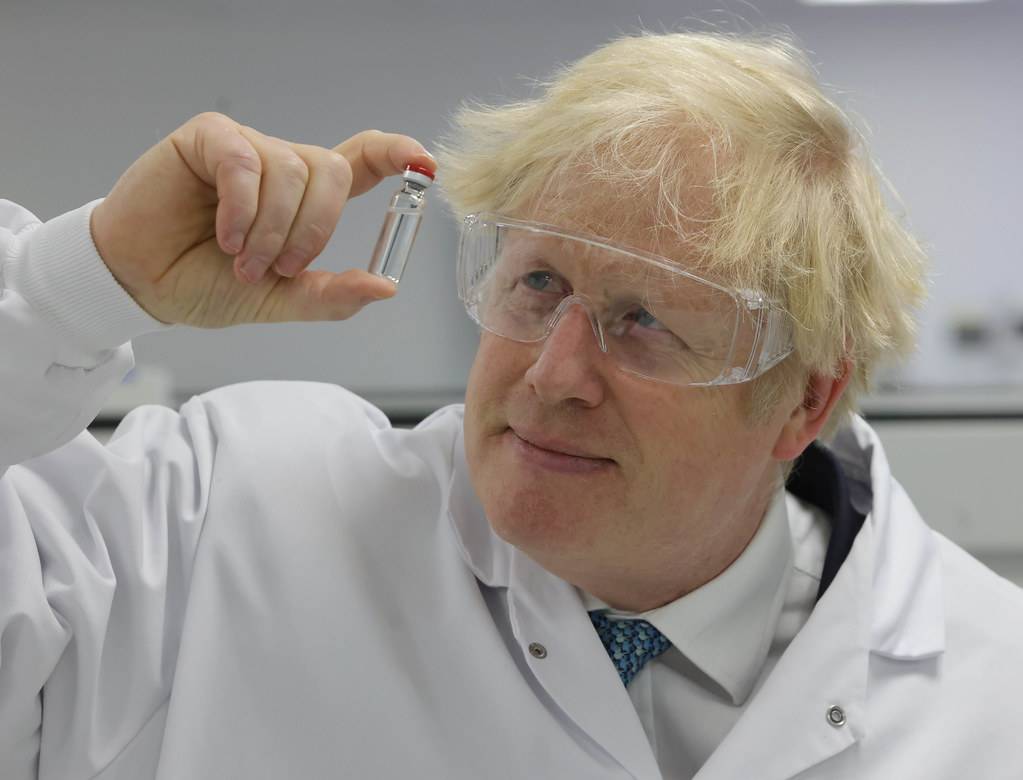Earlier this month, the actress reacted to the situation of the Covid-19 pandemic, which has badly affected India in its ongoing second wave…reports Asian Lite News.
Taking vaccines has become a duty of a responsible citizen. Actress Madhuri Dixit Nene has urged everyone to get vaccinated, adding that she has received her second jab of the Covid vaccine.
“Got my second jab today. I urge everyone to get vaccinated as soon as it’s available to you. #StayHomeStaySafe,” Madhuri wrote as caption with a picture on Instagram she posted on Monday night, where she is seen sitting on a chair and getting the second dose.
Earlier this month, the actress reacted to the situation of the Covid-19 pandemic, which has badly affected India in its ongoing second wave.
On the professional front, she is set to make her digital debut in the series “Finding Anamika”. In the show, Madhuri plays a superstar who goes missing. The show has been directed by Karishma Kohli and Bejoy Nambiar.
Hina contracts Covid-19
Actress Hina Khan has tested positive for Covid. This news comes right after the death of her father, who passed away last week, after a heart attack.
“In these extremely difficult and challenging times for me and my family, I have tested positive for COVID-19. Following the guidance of my doctors, I have home quarantined myself and taking all necessary precautions. Requesting everyone who came in contact with me to get themselves tested. All I need is your prayers. Be safe and take care,” Hina wrote on Instagram on Monday night.

Her peers in the industry posted messages for Hina, wishing her to get well soon.
Actress Rashami Desai wrote: “Plz take care and sending you lots of love. Stay strong,” while Mouni Roy posted: “Wishing you speedy recovery. And sending lots of love. Take care my love.”
Hina’s father passed away last week and the actress had earlier taken to social media to announce that she would be taking a break from social media.
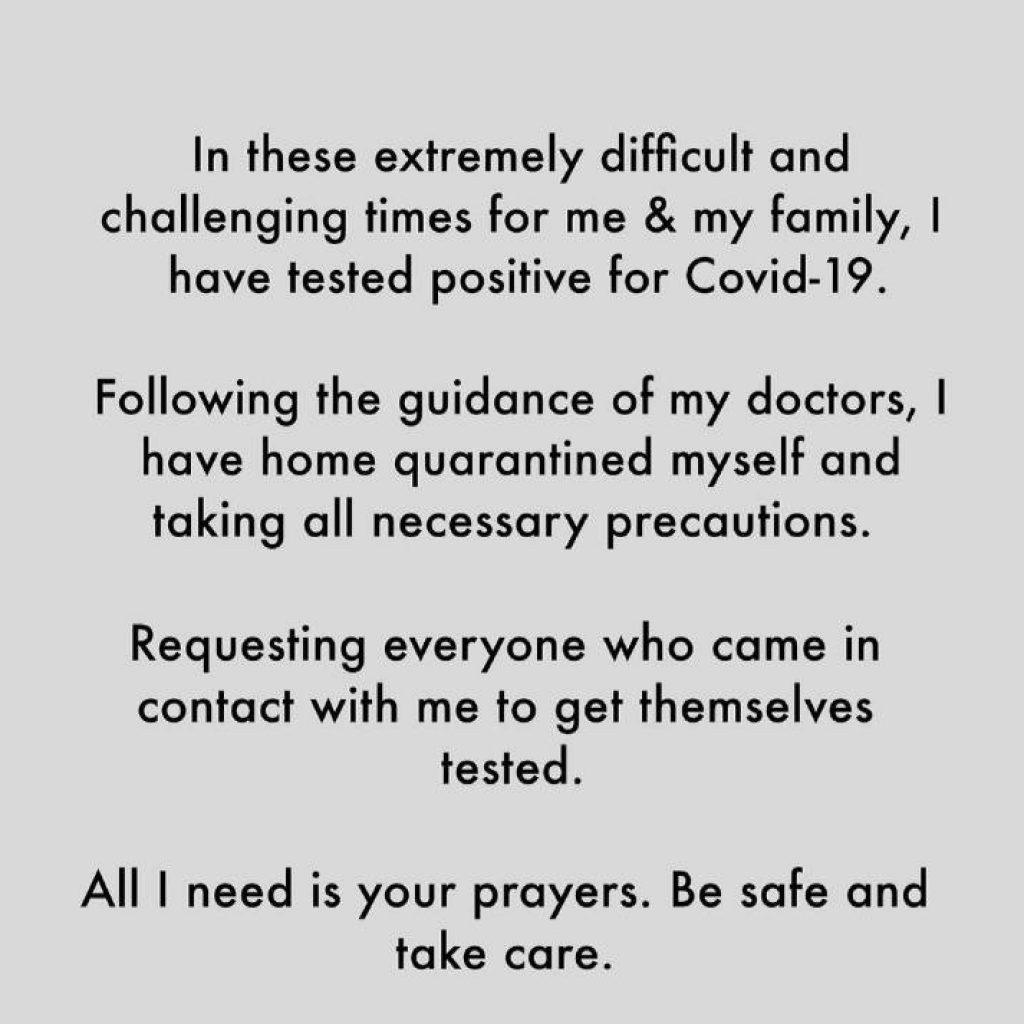
“My beloved father Aslam Khan left for heavenly abode on the 20th of April, 2021. I am grateful to each one of you for checking in on me and my family during these tough times. While me & my family are mourning the loss, my social media accounts will be handled by my team for upcoming work commitments. Thank you for your support & love. HINA KHAN,” she had written earlier.
Also Read-Madhuri’s dance with a candle to spread positivity
Read More-Madhuri Remembers Rishi Kapoor

